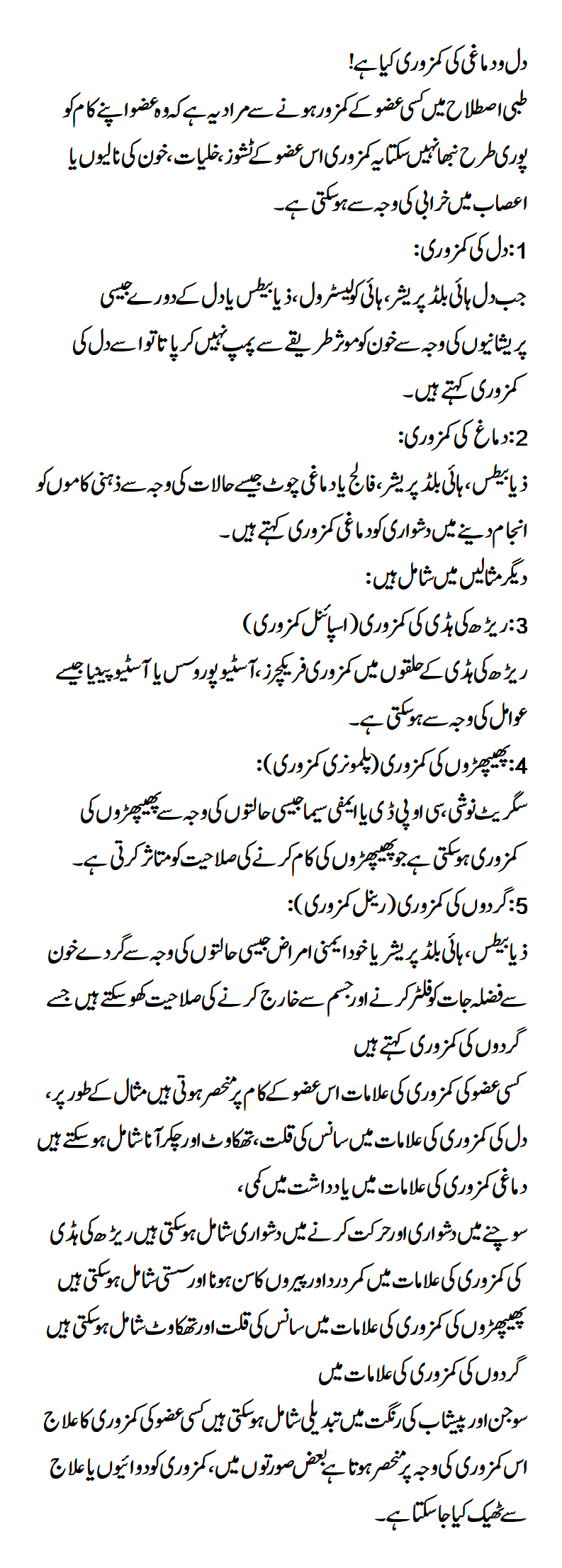Patients suffering from congestive heart failure tend to have cognitive deficits. This is not because of the heart’s reduced pumping capacity as a research team from Würzburg has recently found.
People suffering from heart failure require comprehensive treatment and must follow a strict medication regimen. But some patients fail to adhere to the latter – not because they are unwilling or negligent, but rather because the heart failure condition impairs their memory and attention.
A weak heart impairs the brain function: This hypothesis is backed by a new study from the Comprehensive Heart Failure Center (CHFC) in Würzburg in Bavaria, Germany. The cognitive dysfunction can even be imaged: MRI scans show abnormalities in the brain’s temporal lobe. So far, researchers believed changes in the brain’s white matter to be responsible, but this does not seem to cause the problem.
A research team consisting of cardiologists, neurologists, neuroradiologists and neuropsychologists of Julius-Maximilians-Universität Würzburg (JMU) and the University Hospital of Würzburg present these findings in Journal of the American College of Cardiology: Heart Failure.
Patients tested extensively
The team included 148 patients of medium age in their “Cognition.Matters-HF” study at the Würzburg University Hospital. All had been diagnosed with heart failure at least a year before. The patients were extensively evaluated over two days. The tests involved ECG and echocardiography as well as cardiovascular examinations including the 6-minute walk test. Additionally, neurological tests were performed including carotid ultrasound imaging, neurophysiological tests and an MRI scan of the brain.

These tests found that 41 percent of heart failure patients had reaction time deficits, 46 percent had verbal memory problems and 25 percent working memory deficits. Compared to healthy controls, the MRI scans showed an atrophy of the temporal lobe which is important for memory formation. The atrophy is responsible for the cognitive impairments.
The research team is led by Dr Anna Frey and Professor Stefan Störk (cardiology) and Professor Guido Stoll (neurology). The study started in 2011. All tests are repeated after one year, after three years and again after five years. Over a third of the patients has presently completed the 5-year-examination.